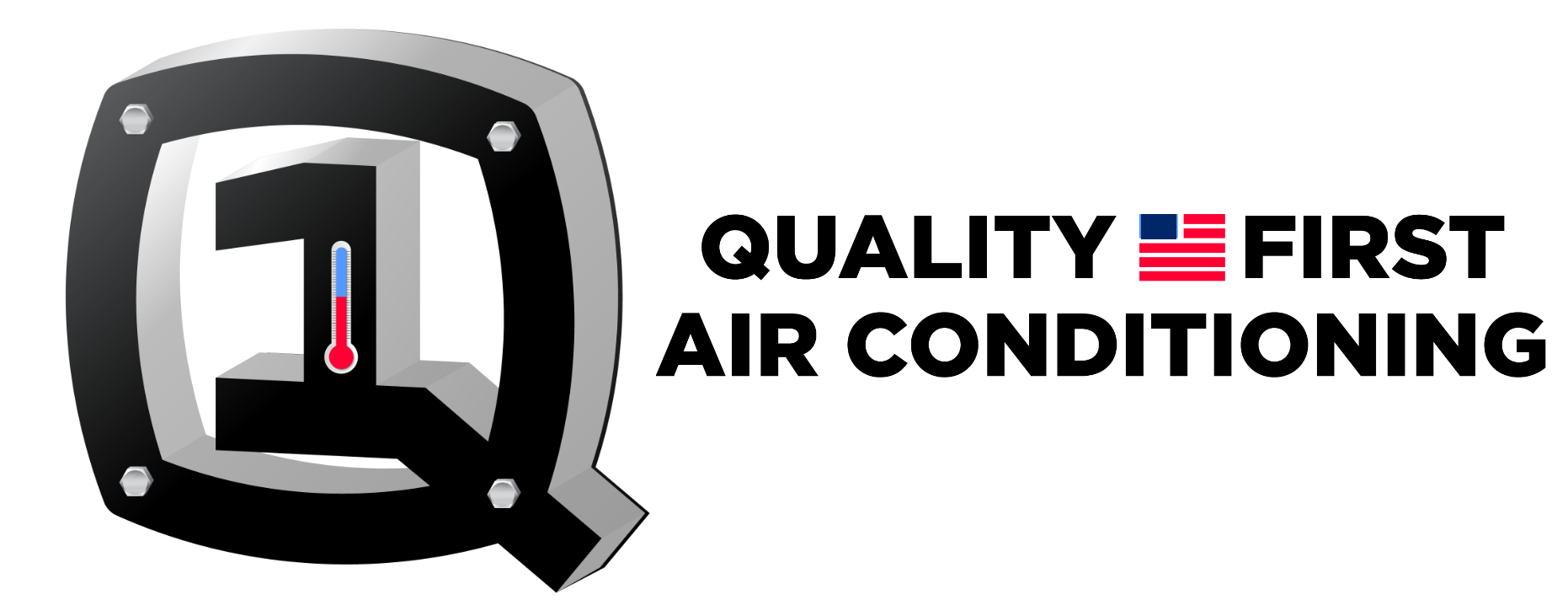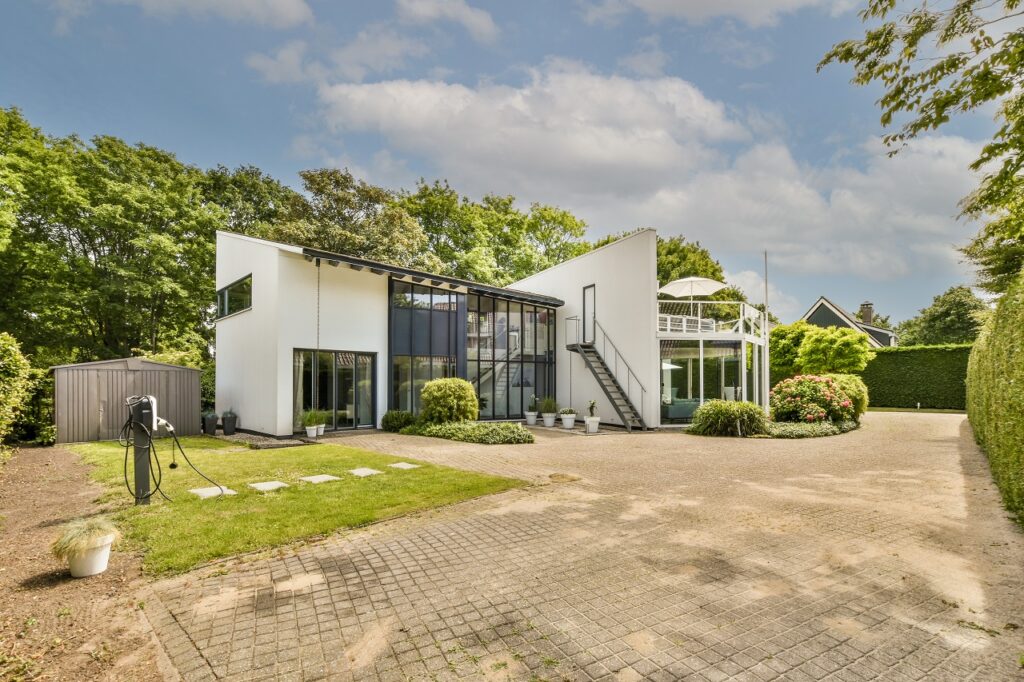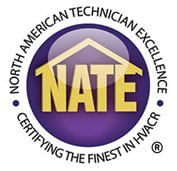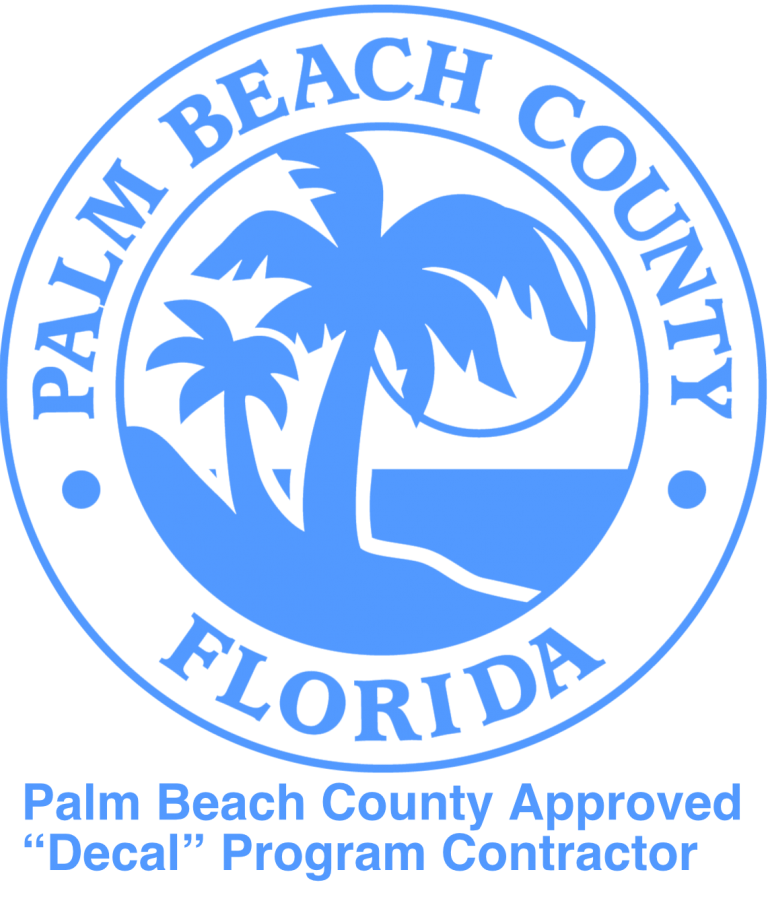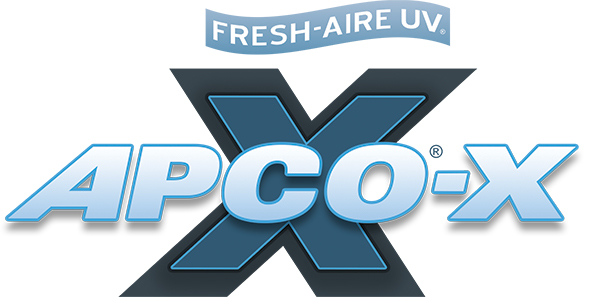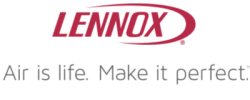Are custom air filters really worth it? Find out!
Key Takeaways
-
Custom air filters are made to order for unique HVAC systems. They are more accurate in dimension and fit compared to a generic air filter, eliminating air flow issues and increasing system performance.
-
These filters are the very definition of versatility. They assist consumers in addressing more individualized air quality issues such as allergens, pollutants, and other environmental conditions, making them ideal for home use as well as specialized environments.
-
With the right design and media choice, custom filters can improve filtration efficiency. By efficiently filtering out airborne particles, custom air filters help protect vulnerable populations, including children and people with allergies, from decreased indoor air quality.
-
Custom filters may need a higher upfront investment and have longer lead times. They provide major long-term savings by reducing energy expenses, lessening maintenance needs, and needing replaced less often.
-
Proper sizing, quality materials, and the right MERV rating are all key to ensuring optimal airflow. They help you achieve the indoor air quality you want and provide the airflow your HVAC system needs to perform its best.
-
To help ensure that custom air filters last longer and work more efficiently, practice proper maintenance through frequent inspections and replacements. This practice maintains peak system efficiency and air quality benefits over time.
Custom air filters are a hot topic in the world of creating better indoor air quality and increasing the longevity of your HVAC system. These filters are engineered to custom fit specific systems, providing a customized approach to superior filtration.
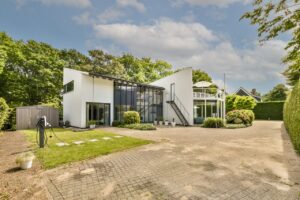
Unlike standard filters, custom options can capture smaller particles, such as pollen, dust, and pet dander, which helps create a cleaner environment. Beyond that though, they offer the customization needed to tackle specific challenges, such as controlling allergy sensitivities or eliminating bad smells.
The expense of custom filters will likely be more than that of standard, off-the-shelf filters. However, the long-term benefits, such as energy savings and reduced maintenance, more than justify the upfront cost.
Knowing their benefits gives you a better idea of how they fit your home’s needs. This knowledge should help inform your decision as to if they’re the right choice for you.
What Are Custom Air Filters
Custom air filters are tailor-made to fit the precise needs of individual HVAC systems. Unlike regular filters that are available in stock sizes, these filters are customized to meet exact size and style requirements. This level of customization ensures a perfect fit.
It is important for maintaining proper airflow and maximizing the efficiency of your heating and cooling systems. In the case of systems with unique ductwork or infrequent layouts, custom filters are usually the best option.
The actual custom air filter manufacturing process begins by cutting material to exact filter dimensions. Then we put it all together with tolerances as small as ±1/8 inch. This degree of accuracy reduces the formation of gaps and ensures that unfiltered air does not leak around the filter.
For instance, an air filter customized for a custom-shaped vent will help maintain proper airflow while trapping harmful particles. You can customize these filters to incorporate specialty materials like HEPA or activated carbon. This increases their efficiency in capturing ultra-fine particles, odors and other harmful pollutants.
Custom air filters provide amazing adaptiveness. They’re effective for residential, commercial, and industrial applications—fitting everything from home HVAC systems to industrial air handling units.
These filters do a great job of eliminating pet dander from households. They address factory exhaust fumes, customizing filter solutions to fit unique needs and providing proven performance in the most demanding conditions.
Benefits of Custom Air Filters
Improved Indoor Air Quality
Allergens and pollutants are greatly reduced by use of custom air filters. They capture particles such as household dust, pollen, and pet dander that commonly pass through conventional filters. This is particularly helpful for those who are allergic or asthmatic.
Filters made with HEPA-grade materials are especially effective at removing particles of 0.3 microns or larger. This unique ability goes a long way in reducing airborne irritants. Cleaner air doesn’t just remove allergens—it helps improve your respiratory health and comfort, too.
Not to mention, the vast majority of people—upwards of 90%—spend most of their time indoors. So the benefits of improving air quality are substantial, resulting in healthier, more productive homes and workplaces. By neutralizing odors and trapping dangerous gases like VOCs, activated carbon filters further improve the indoor environment.
Enhanced Filtration Efficiency
What makes custom filters unique is the high efficiency filtration. Unlike standard, off-the-shelf filters, they can be customized to filter out the most prevalent or dangerous contaminants, like mold spores or chemical vapors.
Filter efficiency is usually rated by their MERV rating, with higher-rated filters capturing smaller particles. It does a great job at trapping bacteria and smoke as seen below with a MERV 13 filter. A MERV 8 filter just filters out larger particles such as dust.
Maximum performance is achieved through the use of appropriate materials including HEPA and custom engineered specialty fabrics where required. This level of customization provides greater particulate capture as well as a cleaner, safer environment.
Better System Performance
When combined with custom air filters, HVAC systems enjoy more even airflow, allowing them to run at peak efficiency. By preventing clogging and maximizing airflow, these custom filters help to relieve stress on key components such as fans and compressors.
This reduces energy usage and prolongs the lifespan of the system. A properly looked after system will be a rarer occurrence of breaking down, sparing users from expensive and inconvenient repairs. Reliable operation means your residence or place of business stays comfortable without a hitch.
Stay cozy all winter long without the sticker shock from your energy bills! For example, a well-sealed filter can save up to 15% of total HVAC energy consumption.
Tailored to Unique Needs
Perhaps the most notable advantage of custom air filters is their flexibility. They can be custom tailored to fight specific pollutants such as smoke in regions prone to wildfires. They can even target allergens that are prevalent in specific climates.
Whether it’s for homes, office buildings, or factories, customization ensures filters serve everyone’s unique requirements. In a controlled lab environment, filters are forced to aggressively filter out chemical particles.
At home, on the other hand, they’re mainly concerned about getting rid of pet dander. This flexibility provides users with tailored solutions that fit their specific needs. As such, these options have become the go-to solution for anyone seeking to achieve high levels of air quality precision.
Drawbacks of Custom Air Filters
Higher Initial Costs
Another drawback is the cost associated with custom air filters. This variation is due to custom materials, custom design, and custom sizing. Take, for example, a pleated filter with a high MERV rating, made to capture the smallest particles possible, which needs high-tech production, and thus, has a higher cost.
These filters are much thicker, up to 4 inches as opposed to the typical 1 inch. These filters tend to provide superior filtration, however, they significantly increase your costs. This initial cost may scare off those with limited budgets, particularly when the benefit of custom filters may not be immediately apparent.
You can’t ignore these initial costs without considering the prospect of better air quality and increased system lifespan. Low-quality filters are designed to allow as much as 5% of air to bypass. This creates dirt to accumulate within HVAC systems and makes them work harder and less efficiently. Spending a bit more for quality of construction can help avoid these problems.
Compatibility Challenges
Custom fit challenges arise when older HVAC systems might have difficulties fitting custom filters in place, especially with a high MERV. Accurate measurements are essential to ensure the filter fits precisely. Even the slightest misalignment can cause performance problems.
For instance, an ill-fitting filter might leave gaps for air to leak around it, thereby compromising filtration efficacy. The danger of using the wrong filters is that you may be stressing the system, particularly with modern motors factory calibrated for certain fixed flow rates. Double checking system specs and working with knowledgeable professionals can help minimize these dangers.
Potential Impact on Airflow
Custom filters with high MERV ratings can limit airflow. This is particularly the case in systems that are not specifically designed for these filters. A 1-inch high MERV filter probably doesn’t have enough pleats to begin with.
This can sometimes result in reduced surface area and create airflow restrictions. This limitation can overload the system, making it less efficient and consuming more energy. Striking the right balance between filtration efficiency and airflow is key.
Though regular monitoring and proper installation can go a long way toward preventing problems, keeping your system running its best.
Maintenance Requirements
Custom filters require regular maintenance to maintain their effectiveness. Frequent inspection and replacement are essential for any filter, but especially for high MERV filters that trap more particles.
Even reusable custom filters, which are more environmentally conscious, need to be cleaned regularly and extensively to ensure they remain effective. Without regular maintenance to clean filters, performance will be impacted, letting pollutants leak through and build up within ductwork or on AC coils.
Regular maintenance will help you continue to get the best air quality and health from your HVAC system.
Cost-Effectiveness of Custom Air Filters
1. Price Comparison with Standard Filters
|
Filter Type |
Price Range (per unit) |
Lifespan |
|---|---|---|
|
Standard Filters |
$10 – $50 |
1-3 months |
|
Custom Filters |
$50 – $200 |
3-12 months or more |
The cost between these two types of air filters is largely due to their different materials and construction. Standard filters are basic fiberglass or polyester, giving you very little filtration for a low price.
Custom filters are easily recognizable by their pleated filter media. They use advanced materials that are able to remove up to 90% airborne pollutants. Custom filters do have an upfront cost premium. They provide improved air quality and longer lifespans, so they are a worthy investment.
2. Material Quality and Durability
Replacement expenditures are significantly higher when using custom filters, which frequently are made of superior quality materials, like pleated fabrics or HEPA-rated media.
These materials improve durability and efficiency, meaning fewer replacements and less waste. Filters that last 3-6 months, or up to a year, reduce the long-term costs.
In addition, they save on repairs by protecting HVAC systems from unnecessary strain due to damaging air quality. Though washable filters are made to last longer (5-10 years), they are not as effective of a filter, so the material becomes extremely important for targeted filtration.
3. Long-Term Savings Potential
Better filtration reduces the load on HVAC systems, saving energy dollars in the long run. While up-front costs can be higher, the cumulative savings from the reduced need for replacements and repairs can make up for the investment.
These savings go even deeper when filters are customized to specific conditions, delivering the best performance possible.
4. Value for Specific Scenarios
Custom filters really make a difference with special environments, like homes with allergy-sensitive members, or workplaces that need extra filtration.
These devices do a great job at trapping big particles greater than 10 micrometers. In controlled environments, they are able to decrease aerosol exposure by up to 94%.
Tailored solutions are most effective at addressing air quality concerns and providing a comfortable, healthy environment.
Performance Insights of Custom Air Filters
Filtration Efficiency Analysis
Filtration efficiency is the most important indication of custom air filters’ performance. Metrics such as MERV (Minimum Efficiency Reporting Value) ratings are often used to measure this. Custom filters usually have high-end materials like HEPA and activated carbon built in.
These materials are particularly good at capturing the really small stuff — down to 0.3 microns. This air filtration method is especially helpful for ensuring that your home’s air is high quality, particularly for those suffering from allergies or asthma. Our 95% particulate removal rate guarantees cleaner air by removing 95% of dust, pollen, and smoke particles from the air passing through your filter.
For instance, custom filters trap 50% more airborne contaminants than standard filters. All this efficiency can only be preserved by regularly gauging the filter’s state of being to provide optimal performance at all times.
Effects on HVAC or System Airflow
Because custom air filters are manufactured to the specific dimensions of unique HVAC systems, they encourage proper airflow. Airflow is the most important factor in maintaining system efficiency. Not to mention, when airflow is impeded, it exhausts the HVAC unit, decreasing its longevity and cooling power.
Properly engineered custom filters are designed to minimize pressure drop and increase airflow by as much as 50%, keeping your system running as it should. Too little airflow leads to hot and cold spots throughout your home. It’s a waste of energy and raises system wear and tear.
Choosing the proper filter to maintain your system’s airflow while maximizing filtration combats these problems.
Role in Reducing Energy Consumption
More effective custom filters lead to less energy use by easing the burden on HVAC systems. Better air flow reduces strain, resulting in significant savings on energy bills each month. Then, using a better-performing filter will have a high impact on reducing those operational dollars.
It’s better for the environment by lowering the system’s carbon footprint. K&N filters are designed to last the lifetime of your vehicle and help improve your vehicle’s energy efficiency, which makes them a sound investment.
In the long run, these savings can make up the added cost of transitioning to custom filters.
Maintenance and Lifespan Considerations
Custom air filters last longer than standard air filters because they are built with better quality materials and construction that withstand wear and tear. Generally, you should change HVAC filters every three months.
With some maintenance, custom filters can go twice as long. Proper cleaning or replacement is essential to ensuring they last as long as possible. If proper maintenance is neglected, the filtration efficiency can be diminished and the HVAC system can become overworked.
A properly maintained custom filter will deliver reliable performance and keep you out of expensive repair while keeping your air quality at its best.
When to Choose Custom Air Filters
Addressing Personal Air Quality Needs
Custom air filters shine when you don’t have a simple air quality issue. For example, if you or your family members deal with allergies or respiratory issues, a standard filter might not be enough. Whether your allergy triggers include pollen, pet dander, or mold spores, custom filters can be designed to help reduce their presence in the air.
It’s this custom approach that has made all the difference in their ability to breathe comfortably. They further benefit homes where indoor air quality is harmed by outside forces. That involves residing close to active development projects or major highways.
These are the challenges that custom solutions adapt to, delivering cleaner, healthier air. Installing a custom air filter will help your HVAC system run more efficiently. This proactive step eases the overall strain on the system, allowing you to save money on energy costs and repairs down the road.
High MERV Rating Applications
Filters with a higher Minimum Efficiency Reporting Value (MERV) rating is generally necessary for specialized purposes. Contaminant examples High efficiency MERV 11 or greater for example, are able to trap smaller particles.
These filters are pleated and thicker, usually 4 inches, to let enough airflow through while still capturing smaller particles. Homes with extreme temperatures that require constant HVAC use can benefit from high-efficiency filters as well.
For the average home, MERV 11 is a good compromise between filtration quality and durability, lasting up to three months. A good baseline for minimum filtration is MERV 7. It’s a good particle filter for the majority of typical particles.
Any rating below MERV 7 is unlikely to achieve desired air quality objectives.
Situations Requiring Specialized Solutions
These are just a few examples, but in environments with specialized challenges, custom air filters are the only solution. For example, many industrial environments may produce unique types of pollutants that off-the-shelf filters would not be able to capture.
Similarly, homes in high-pollution areas, such as near factories or highways, benefit from specialized solutions tailored to remove harmful particles. Custom filters are equally useful in environments needing a higher level of control, such as labs or healthcare settings.
These filters meet special environmental requirements protecting people and the planet while maximizing performance.
Factors for Making an Informed Decision
If you’re trying to choose between custom air filters and standard filters, take your unique requirements and available resources into consideration. For typical residential use, a good quality filter such as a MERV 11 provides great filtration value and will not strain your HVAC system.
Be sure to check the filter’s filtration performance as well as whether it’s compatible with your system. Thicker filters, such as the 4-inch deep filters, last longer. They can require more modifications to your HVAC system.
Regular upkeep is key, because even the best filter must be replaced or cleaned every three months to prevent clogging and keep their filtration power intact.
Conclusion
For unique needs, custom air filters can be the difference between life and death. From advanced performance to superior air quality to longer-lasting durability, they help ensure a high-efficiency, high-performing system. These filters are best for special cases such as exotic HVAC systems or homes with extreme levels of allergens. That’s because they have a higher upfront cost than standard filters, but the benefits often make up for the cost — especially when you consider long-term use.
Making the right choice often comes down to what you value most. If you’re looking for personalized solutions and more effective efficiency, custom filters are the clear choice. They provide genuine benefits to residential and commercial properties in situations where traditional filters just can’t.
Further consider your system and needs. Custom filters can be expensive, but if they meet your needs they can be well worth the investment. Choose what’s right for you!
Frequently Asked Questions
What are custom air filters?
Custom air filters are custom made, highly specialized filters designed to fit any size or shape HVAC system perfectly. They provide custom performance, perfect for specialized system configurations or targeted air quality requirements.
Are custom air filters better than standard ones?
Yes, custom air filters tend to be higher quality than standard filters. They offer a closer fit, enhanced filtration, and increased efficiency, particularly for systems with odd sizes or custom needs.
Do custom air filters improve indoor air quality?
Definitely in favor of it. Custom air filters can filter out more allergens, dust, and other pollutants. They’re especially useful for individuals who suffer from allergies, asthma, or other sensitivity to airborne particles.
Are custom air filters cost-effective?
Custom air filters are a long-term investment that saves money. They’re more durable, they lower energy expenses through enhanced HVAC efficiency and they eliminate the trouble and expense of regular replacements.
How often should I replace custom air filters?
Replace custom air filters every 1–3 months, based on how often you run your HVAC system and the air quality in your area. Homes with pets or in areas with high pollution could need them changed more often.
When should I choose custom air filters?
Get custom air filters for your non-standard HVAC sizes. They’re ideal for addressing unique air quality requirements and delivering better filtration than traditional filters.
Do custom air filters affect HVAC performance?
The answer to both questions is, yes, absolutely. Custom air filters improve airflow and efficiency, putting less strain on your HVAC system. This can help increase the system’s lifespan and improve overall system performance.
